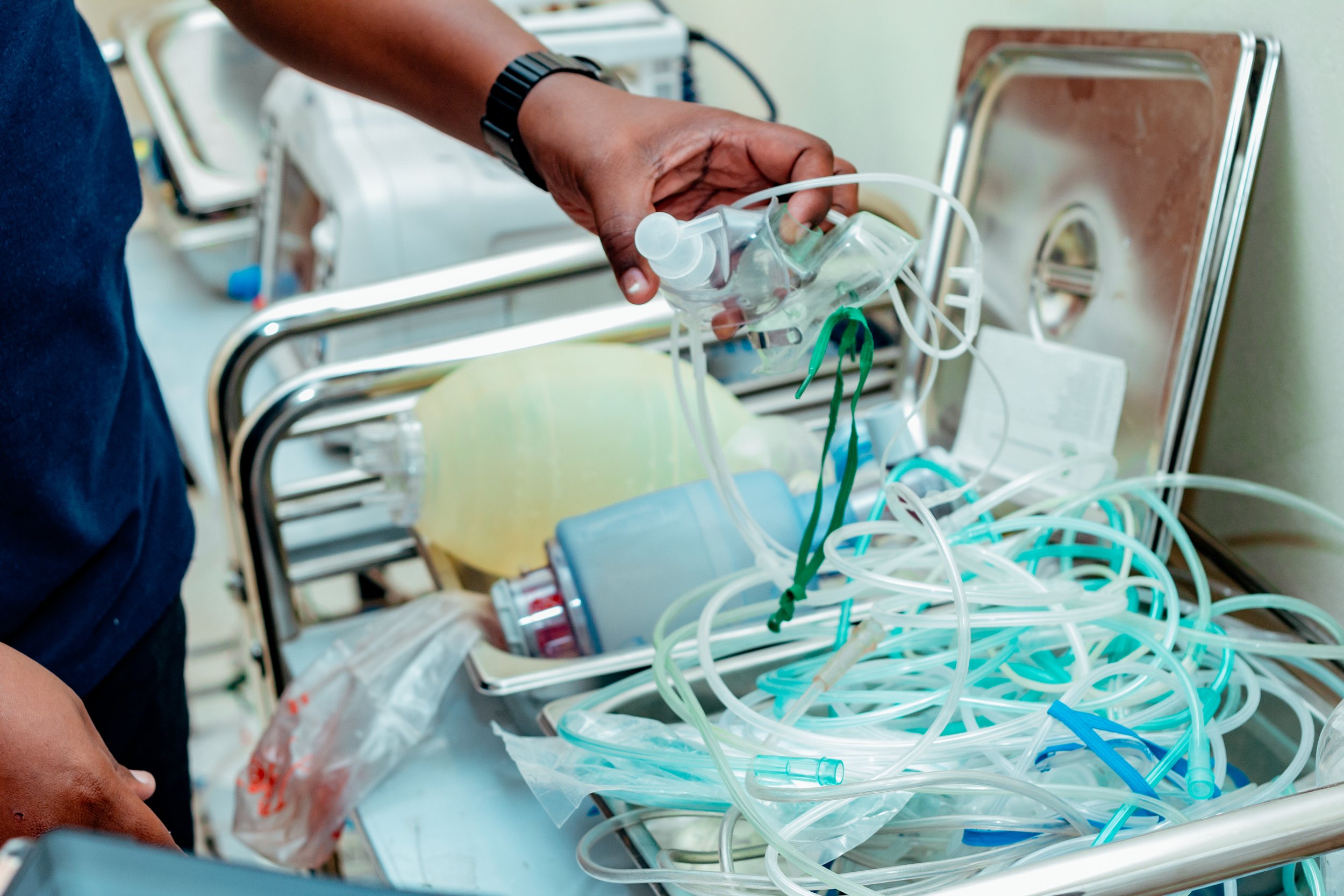
From Sweden to Malawi, critically Ill patients are not in ICUs
The Hospital Burden of Critical Illness across Global Settings Study, published on the 25th March in The BMJ Global Health, has revealed that the burden of critical illness falls almost entirely on general wards and not ICUs, in both high and low resource settings. Until now, research on critical care has mainly focused on patients in ICUs.
Methods
International prospective study: 3,652 patients in 8 hospitals in 3 countries
High and low resource settings: Malawi, Sri Lanka and Sweden
Patients classified as critically ill: at least one severely deranged vital sign. Patients were followed-up for 30 days to assess outcomes
Key Findings
Critical Illness prevalence is high: 12% (1 in 8) of patients in hospitals are critically ill.
Care is almost always on General Wards: 96% of the critically ill are being treated in general wards rather than in specialized units
Critically Ill Patients have a high mortality: 19% of critically ill patients die in hospital within 30 days (compared to 3% of those not critically ill)
Findings consistent in both high and low resource settings: from Sweden to Malawi via Sri Lanka - the results were similar
Implications
Confronts the assumption that critical illness is treated in ICUs. In reality, the vast majority are being treated in settings without specialised critical care resources
Global Health Systems are not set up for this challenge. In low-income countries ICUs are scarce. In high income countries resources are speciality focused.
Cost-effective essential emergency and critical care (EECC) in general wards could save many lives. Simple interventions—such as improved monitoring of vital signs, timely administration of oxygen and fluids, and better training for ward staff—could significantly improve patient outcomes
“The findings show that critical illness outside ICUs is not a phenomenon that is limited to low resource settings. Provision of low-cost feasible Essential Emergency and Critical Care across hospitals is a massive opportunity to save lives at scale around the world.”
— Dr Otto Schell, First Author, Hospital Burden of Critical Illness across Global Settings Study
Call to Action
There is an urgent need to strengthen essential emergency and critical care beyond ICUs, in rich and poor countries alike. Ministries of Health, NGOs, and hospitals must work together to implement affordable, practical solutions to support critically ill patients wherever they are in the hospital. Millions of lives could be saved.
EECC Global is dedicated to this work. By promoting and implementing EECC in hospitals and health systems, we will realise the vision “no one should die in hospital of a cause that EECC could prevent”. Together we could save the lives of 1 million people every year.
Want to find out more about our work?
Fill out some info and we will be in touch shortly.
Schell CO, Kayambankadzanja, RK, Beane A, et al. Hospital burden of critical illness across global settings: a point prevalence and cohort study in Malawi, Sri Lanka and Sweden. BMJ Global Health 2025;0:e017119.



